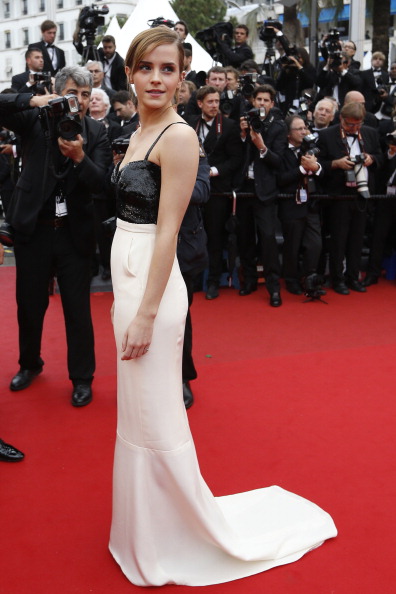It’s our annual membership drive. Please support our coverage of democratic movements and become a supporting member of rabble.ca.
We recently saw the close of Cannes, an annual film festival in the French Riviera that, unlike the Oscars, takes nearly two weeks to finish. This can mean tons of red-carpet appearances by celebrities, and therefore dozens and dozens of designer dresses. This in turn means major exposure for the various design houses, since their creations can become as iconic as the woman wears them.
Keeping this in mind, here is a little challenge for celebrities: wear a dress by a designer who always books as many models of colour and plus size models as they do thin, white models for their campaigns and runway shows. This is to suggest that major fashion designers should reflect the diversity of their consumers — hello, it’s 2013!
This is a daunting task: Jezebel.com recently reported that of all the models sent down the catwalk during New York Fashion Week for the Fall-Winter 2013 collections, over 80 per cent of the models were white. However, as some of the most powerful consumers, celebrities at Cannes can use their star power to call out designers on their insistence on maintaining the status quo by refusing to support their continued white supremacy and fat-oppression.
This challenge may seem ridiculous, but think about it: the relationship between designers and movie stars is no secret — the Birkin Bag, Audrey and Givenchy, Cher and Bob Mackie, etc. Wearing a couture gown at Cannes is voting with one’s dollar about which designer is talented, which designer doing it right, and what fashion house is worthy of attention. Therefore, what celebrities wear is in fact highly political, and it would be so fantastic if their relationships with designers was based on activism as well as trendsetting.
A version of this article was originally published in January on The Closet Feminist.



